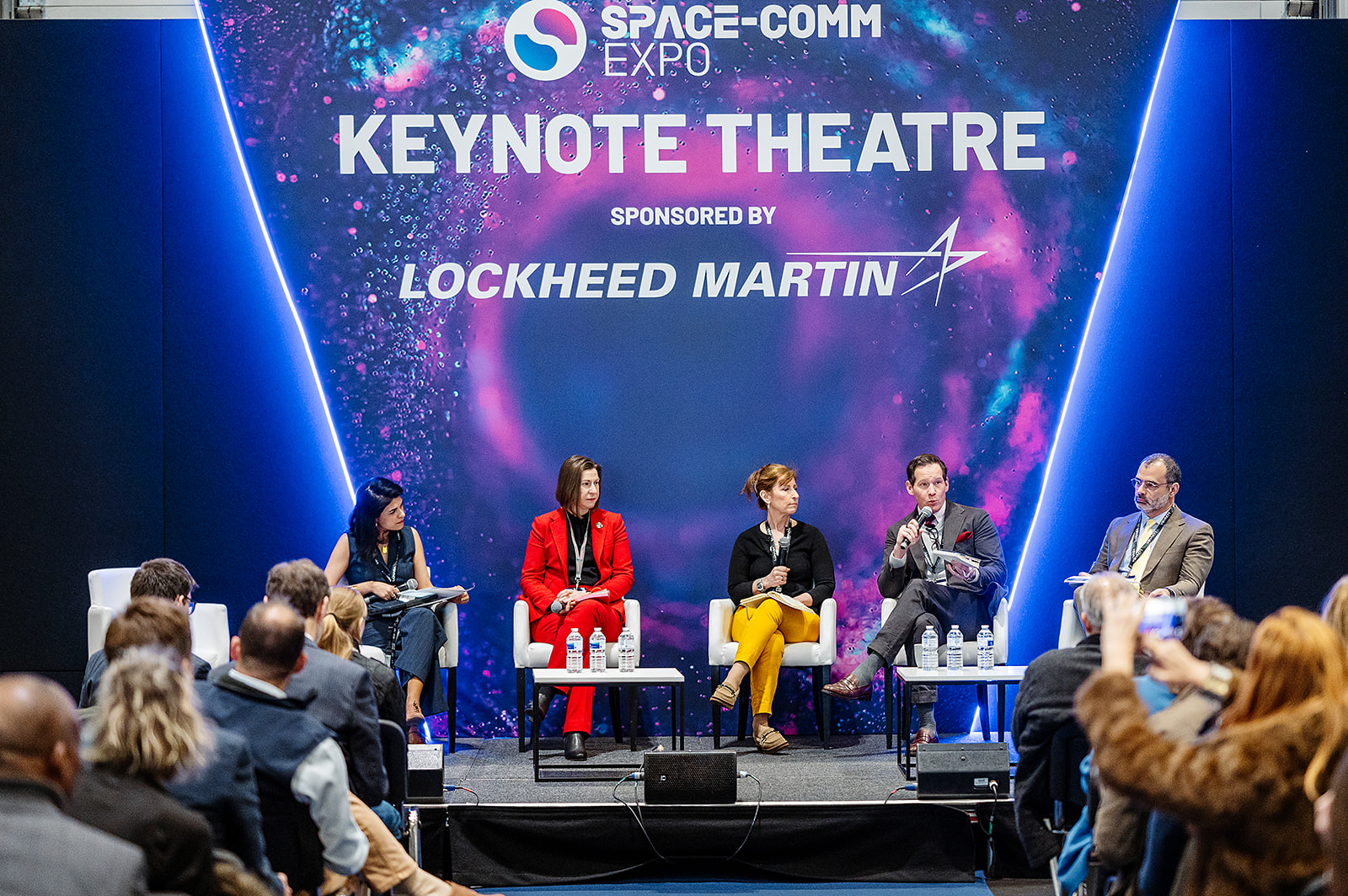Airbus wins ESA contract to build third ESM for NASA’s Orion
NASA.jpeg)
Above:
The Orion spacecraft.
Image copyright NASA
By ordering this additional service module, ESA ensures the necessary continuity in NASA’s Artemis programme. The third European Service Module (Artemis III Mission) will be used to fly astronauts to Earth’s neighbour in space in 2024 – the first to land on the Moon since Apollo 17 following a hiatus of more than 50 years.
“Our know-how and expertise will enable us to continue to facilitate future Moon missions through international partnerships,” said Andreas Hammer, Head of Space Exloration at Airbus. “By working together with our customers ESA and NASA as well as our industrial partner Lockheed Martin, we now have a reliable planning basis for the first three lunar missions. This contract is an endorsement of the joint approach combining the best of European and American space technologies.”
David Parker, ESA Director of Human and Robotic Exploration, said: “By entering into this agreement, we are again demonstrating that Europe is a strong and reliable partner in Artemis. The European Service Module represents a crucial contribution to this, allowing scientific research, development of key technologies and international cooperation – inspiring missions that expand humankind’s presence beyond Low Earth Orbit.”
The first non-crewed Orion test flight with a European Service Module (Artemis I) will fly in 2021. It is as part of the following mission, Artemis II, that the first astronauts will then fly around the Moon and back to Earth.
The ESM will provide propulsion, power, air and water for the astronauts, as well as thermal control of NASA’s new spacecraft.
More than 20,000 parts and components are used in each ESM, from electrical equipment to engines, solar panels, fuel tanks and life support supplies for the astronauts, as well as approximately 12 kilometres of cables. The first service module was delivered to NASA in November 2018 and has already been mated with the Crew Module. The fully integrated spacecraft already finished the thermal-vacuum testing at NASA’s facility in Ohio, USA, and returned to the Kennedy Space Center in Florida, USA, while the second service module is now being integrated and tested by Airbus in Bremen, with delivery set for the first half of 2021.
During the development and construction of the ESM, Airbus has drawn on its experience as prime contractor for ESA’s Automated Transfer Vehicle (ATV), which provided the crew on board the International Space Station with regular deliveries of test equipment, spare parts, food, air, water and fuel.
The ESM is cylindrical in shape and about four metres in diameter and height. It has four solar arrays (19 metres across when unfurled) that generate enough energy to power two households. The service module’s 8.6 tonnes of fuel can power one main engine and 32 smaller thrusters. The ESM weighs a total of just over 13 tonnes. In addition to its function as the main propulsion system for the Orion spacecraft, the ESM will be responsible for orbital manoeuvring and position control. It also provides the crew with the central elements of life support such as water and oxygen and regulates thermal control while docked to the crew module.













